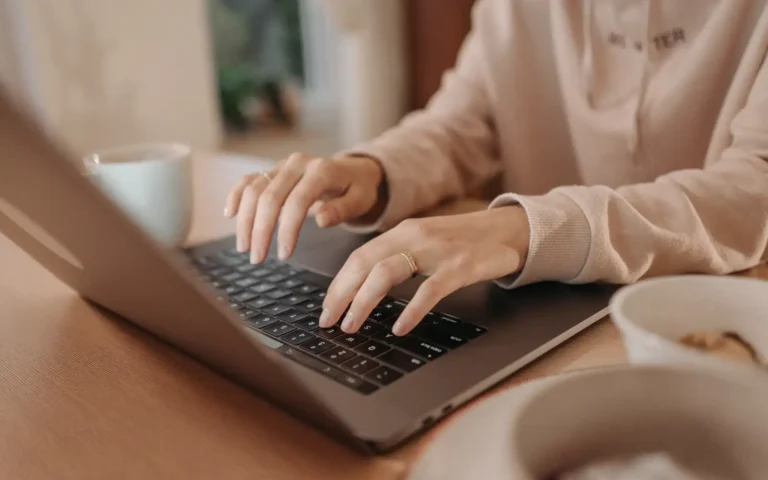With growing concerns about infection and the spread of Coronavirus, many people are staying home and away from others. This has driven a sudden increase in the need for health professionals to work remotely. In response, medical professionals in many fields, including physical therapy and nutrition, are utilizing virtual “Telehealth” solutions to help them give their clients and patients support. This change has led many to ask an important question:
What Is Telehealth?
Telehealth is any kind of health support that a provider can offer their patients without being physically with them. Historically, this would include formal consultations that occurred by phone or email. Fortunately, we now have much more sophisticated technology that lets providers use tools similar to Skype or FaceTime to allow for face-to-face conversations. This technology also allows providers to analyze your injury or concern and offer feedback on a potential diagnosis as well as provide initial and ongoing treatment options.

Telehealth Vs. Telemedicine
Telemedicine is a specific term for what you typically associate with going to your primary care physician. Your doctor will ask you questions and have you perform tasks that will allow them to diagnose ailments and provide you with treatment options. This even extends to surgeons utilizing robots to remotely perform surgeries.
Telehealth is the general, all-encompassing term for all forms of remote health support. The most common form of telehealth is when your care provider gives you live training or instruction to treat your condition through a webcam or chat program. This also encompasses technological support like health monitoring equipment and apps that allow your care providers to track healing progress and vitals.
Health Loft is committed to your health and well-being and is currently offering the following virtual or telehealth services:
Nutrition Counseling
A virtual telehealth visit with Health Loft can actually look a lot like meeting your dietitian in person. Your dietitian can work with you to assess current lifestyle habits that are holding you back from reaching your healthiest self. Before meeting with a dietitian, patients will fill out our Nutrition Intake Form, which includes patient goals, medical history, dietary intake, and environmental factors such as stress, sleep, activity level, and access to nutritional food. Your dietitian can use this information to get a well-rounded picture of your health and create a plan of care to help you achieve your goals and grow in many different areas of nutrition.
During a telehealth consultation, your dietitian will discuss the intake form with you to further understand how your current health habits have been developed. You will have ample time to ask questions you may have about nutrition and your specific plan of care. Depending on what level of support is needed and what your goals are, you can work with your dietitian to create weekly goals to assess for follow-up meetings. Setting up consecutive appointments will allow us to support you in reaching your nutrition goals, whatever they may be.
Physical Therapy
During this difficult time, it may be challenging to see your orthopedist, primary care doctor, or local physical therapist in person when you are experiencing pain or have a bone, muscle, or joint issue. Outside of performing an assessment/examination and assigning a diagnosis, we can offer peace of mind by providing you with knowledge about your condition, what you can expect, and the tools to address it while you are at home.
During your virtual consultation, we will educate you on how to manage your condition as well as instruct family members on how to best assist with your treatment. That education will include specifics about what is driving your condition or pain, teaching exercises/stretches, ways to self-mobilize your joints, and much more.
Telehealth video chats also give us the opportunity to analyze how you interact with your normal environment. Together, we can look at the setup you use to work from home to ensure that it is configured in a way that does not make your condition worse. We can also look at activities you do not normally think about, like your positioning on your couch when binging Netflix, and see how that may be affecting you.
Additionally, we can guide you toward recovery by prescribing a digital exercise and stretching program. We will work with you and verbally instruct you in proper form, and show you by demonstrating ourselves as you watch virtually. As you progress in your condition, we can also provide appropriate increases in weight, resistance, and exercise progression, all while correcting and analyzing your form.

Whether your quarantine is self-imposed or mandated by the government, Health Loft is committed to supporting you and the community. If you have more questions about how telehealth can help you with your physical therapy or nutrition needs, you can call (312) 374-5399 or schedule an appointment online to talk with one of our healthcare specialists.
Contributed by Alex Franz
Reviewed by Morgan Murdock













